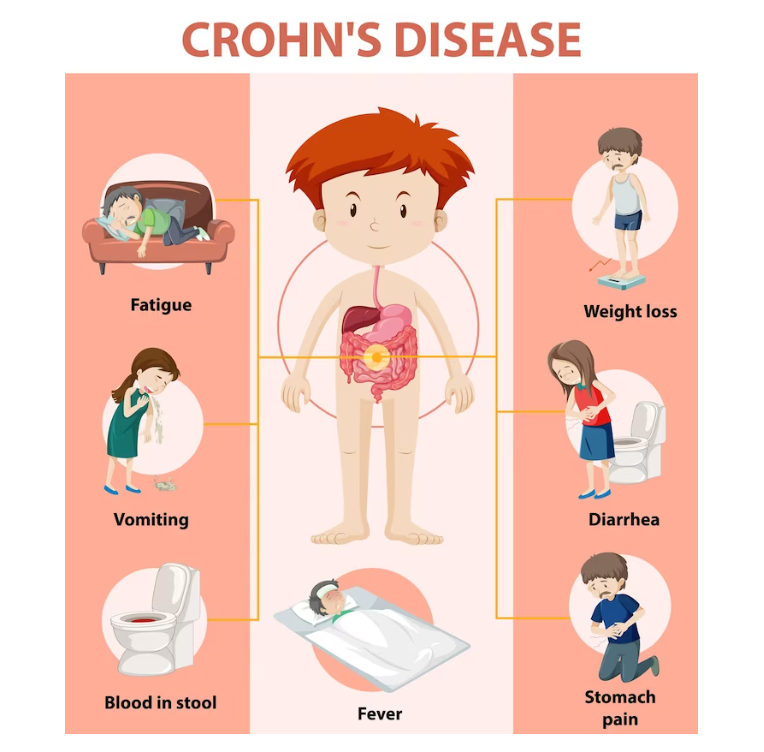
Appendicitis in Children: Unique Considerations and Symptoms
When it comes to appendicitis, we often think of it as a condition that affects adults. However, children can also experience appendicitis, and it’s essential to recognize the unique considerations and symptoms associated with this condition in younger patients.
Unique Considerations
Appendicitis in children can present some unique challenges for diagnosis and treatment. Children may have difficulty expressing their symptoms or pinpointing the location of their pain, making it harder to identify appendicitis early on. Additionally, young children may not exhibit typical symptoms of appendicitis, leading to delays in diagnosis.
Symptoms in Children
While the classic symptoms of appendicitis—such as abdominal pain, nausea, vomiting, and fever—can occur in children, they may manifest differently or be less pronounced. In younger children, you might notice:
- Abdominal Pain: Children may have generalized abdominal pain rather than localized pain in the lower right side.
- Change in Behavior: Irritability, lethargy, or refusal to eat may indicate underlying discomfort.
- Difficulty Walking: Children may walk hunched over or refuse to stand up straight due to abdominal discomfort.
- Frequent Urination: In some cases, appendicitis can cause urinary symptoms like increased frequency or urgency.
Seeking Medical Attention
If you suspect your child may have appendicitis, it’s crucial to seek medical attention promptly. Even if their symptoms seem mild or vague, it’s better to err on the side of caution. Delaying treatment can increase the risk of complications, such as a ruptured appendix, which can lead to a serious infection.
Treatment
Treatment for appendicitis in children typically involves surgical removal of the inflamed appendix, known as an appendectomy. In many cases, this procedure can be performed laparoscopically, leading to faster recovery times and less discomfort for the child.
Conclusion
Appendicitis can affect children as well as adults, but it may present differently in younger patients. Understanding the unique considerations and symptoms associated with appendicitis in children is essential for prompt diagnosis and treatment. If you suspect your child may have appendicitis, don’t hesitate to seek medical attention to ensure their well-being.
To seek medical advice, always consult a Doctor. Here are our recommended experts.Click Here
To read more on Appendicitis. Click Here


